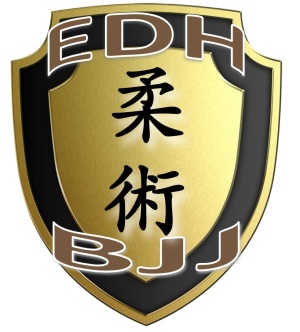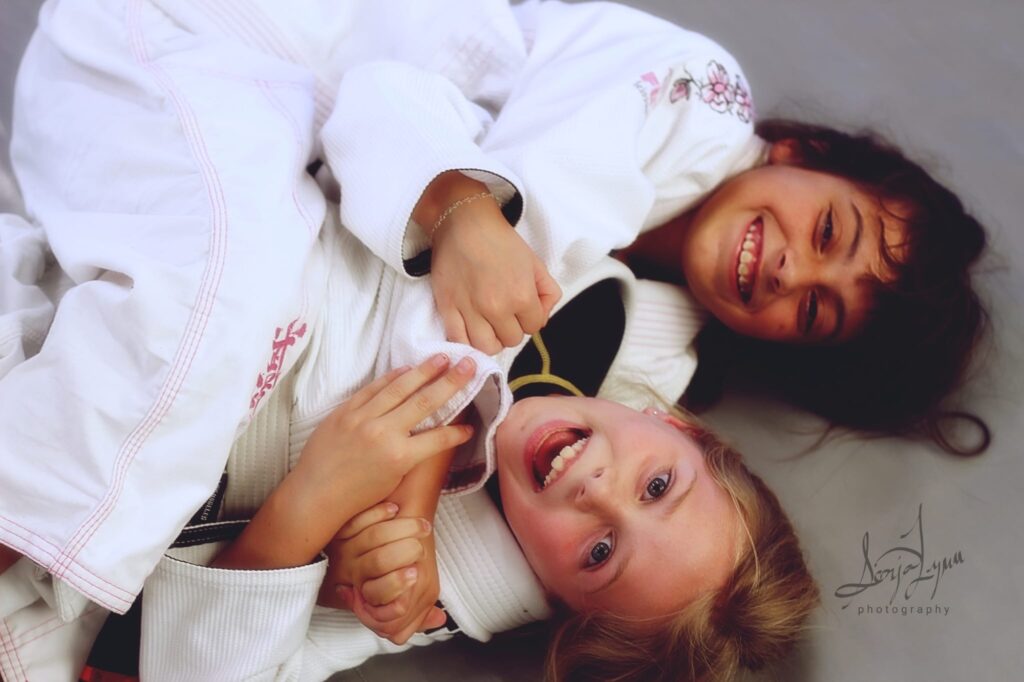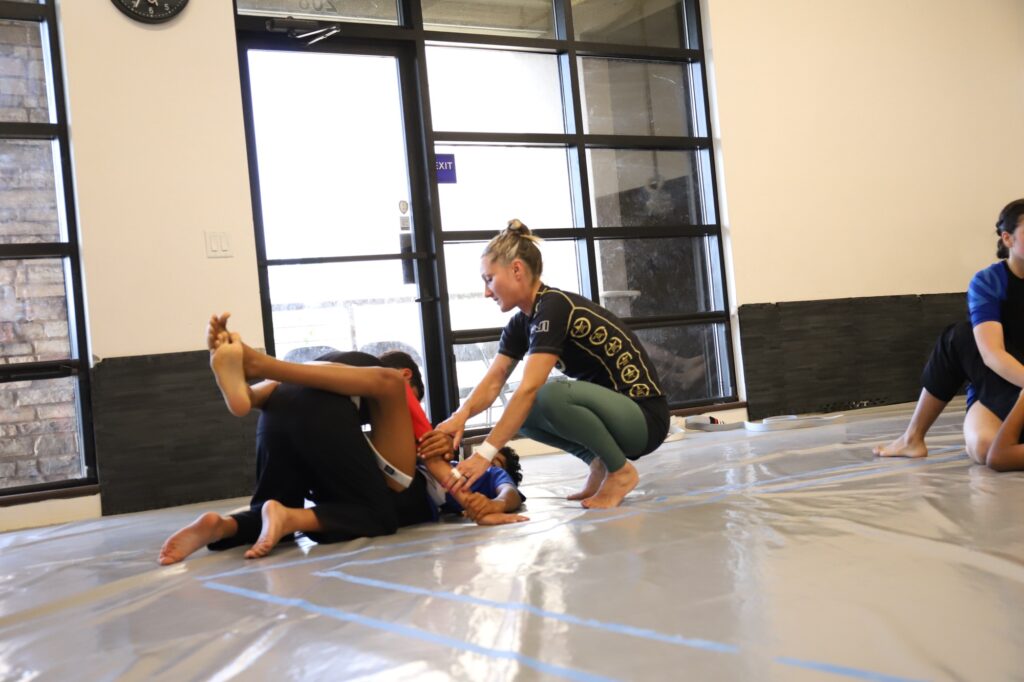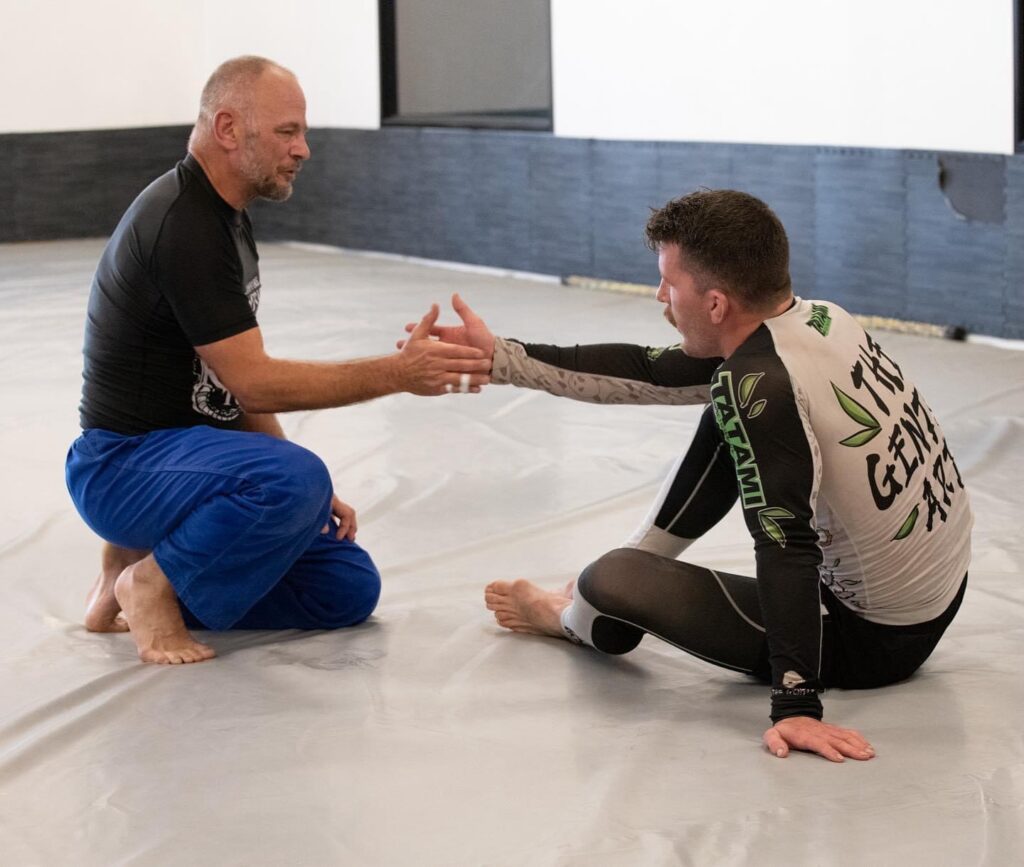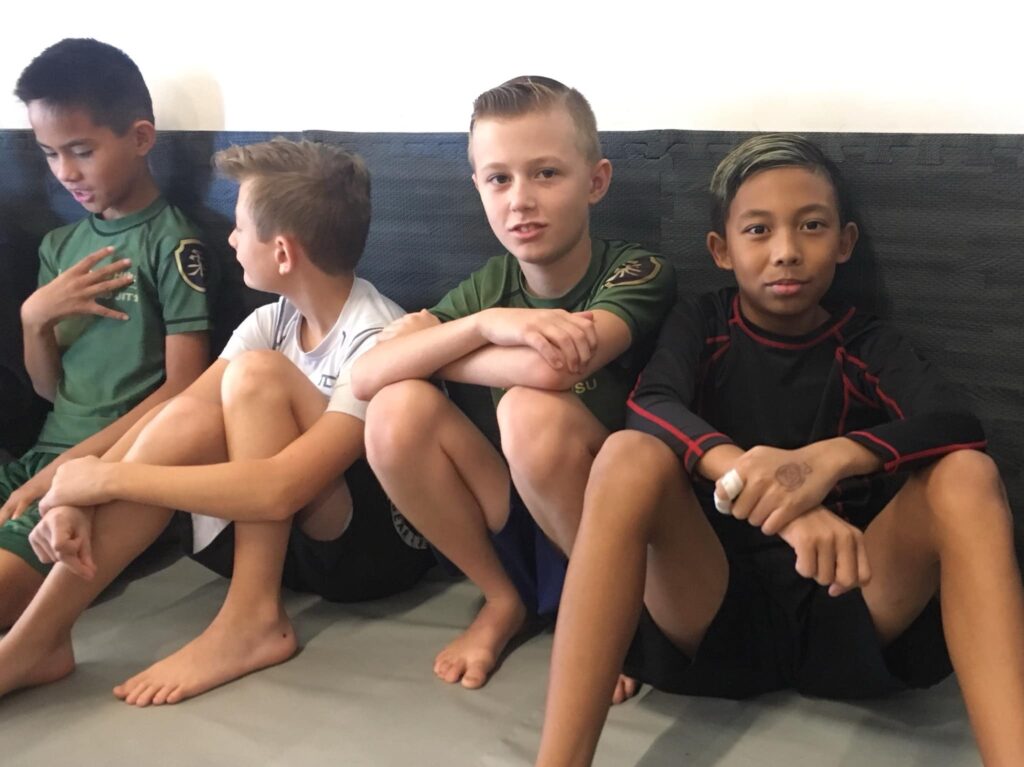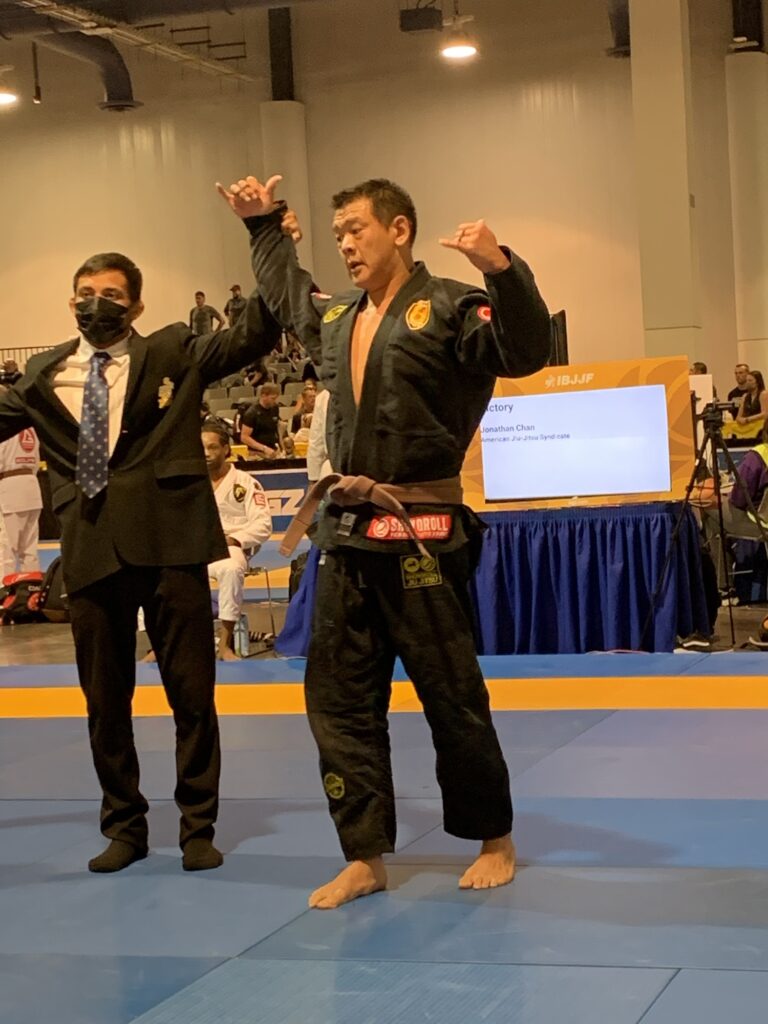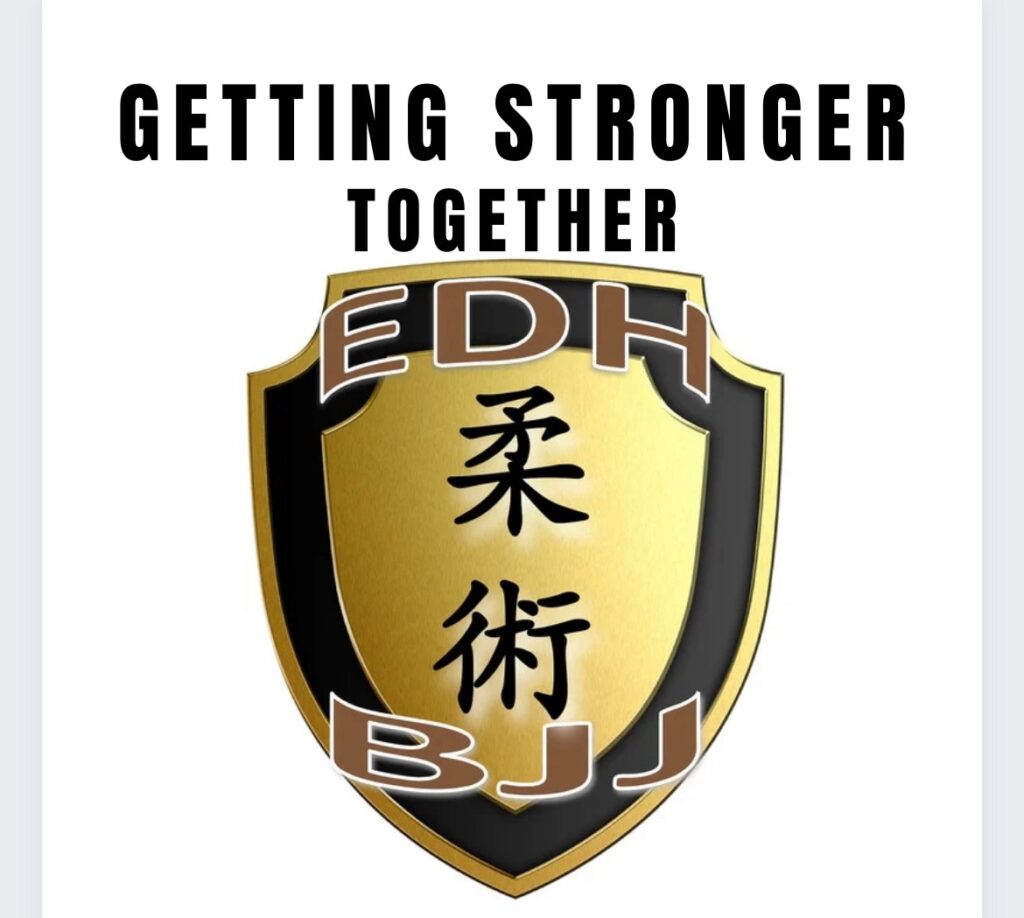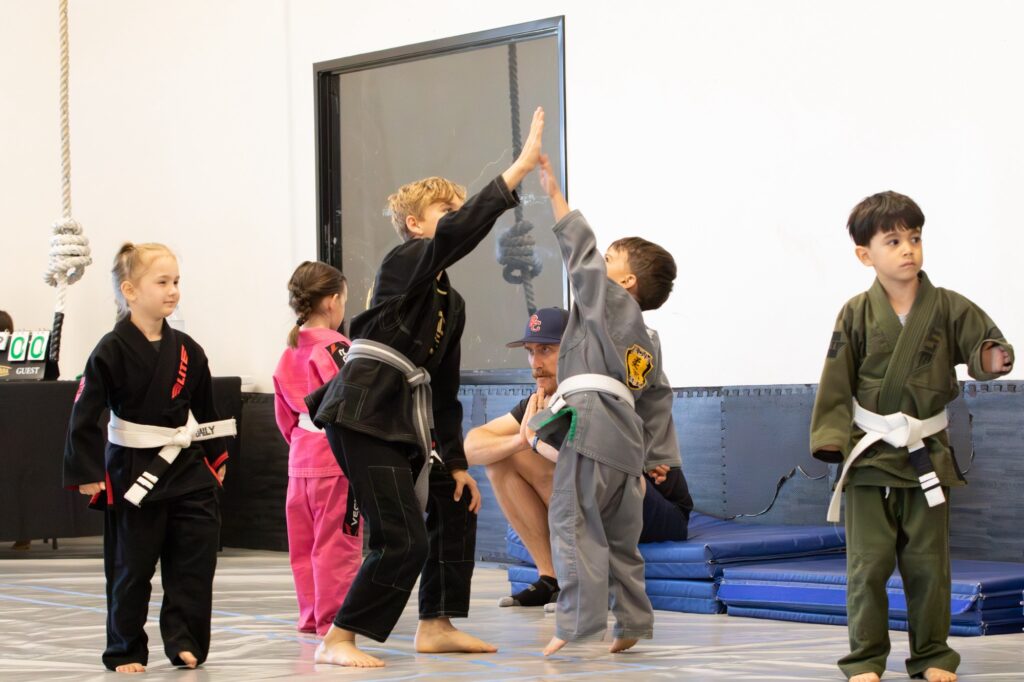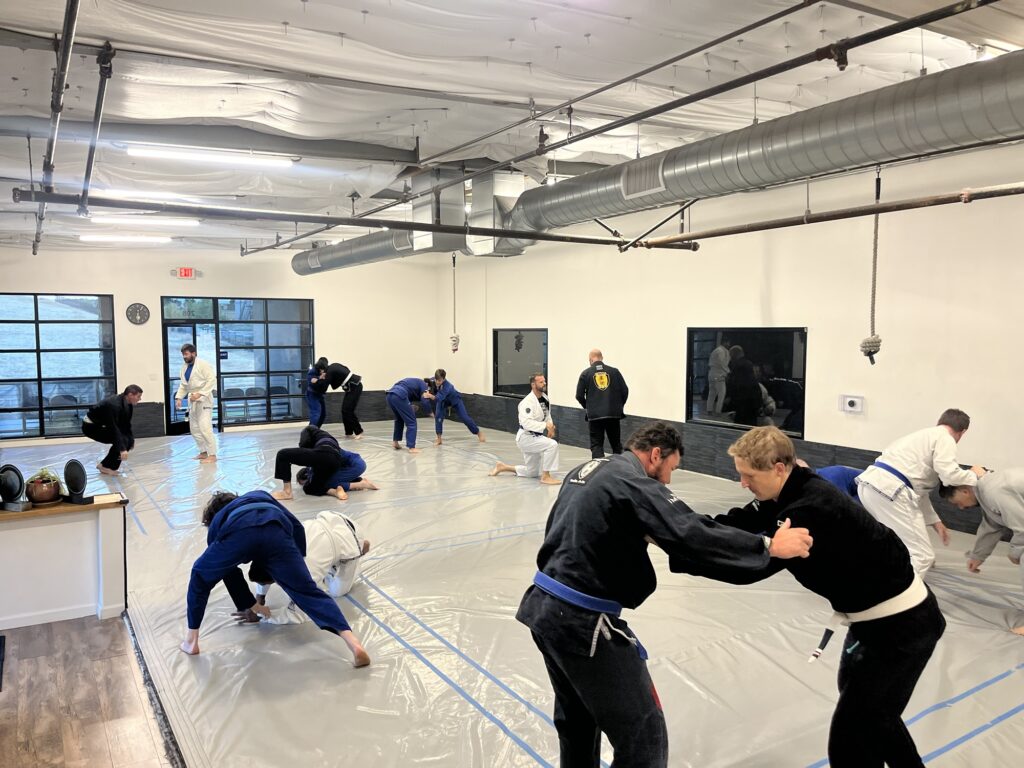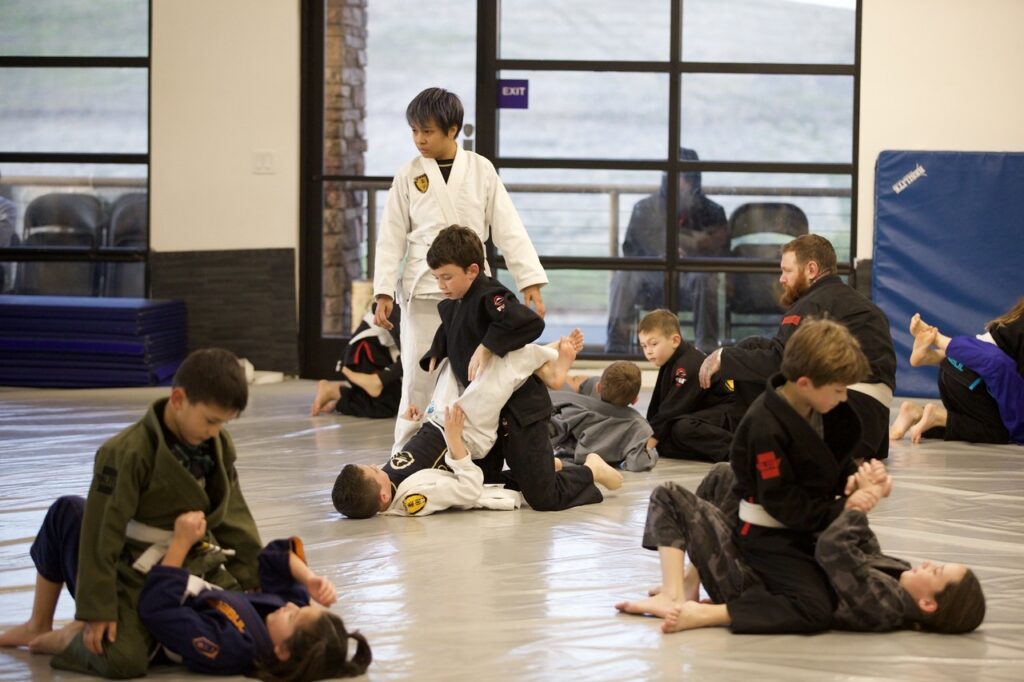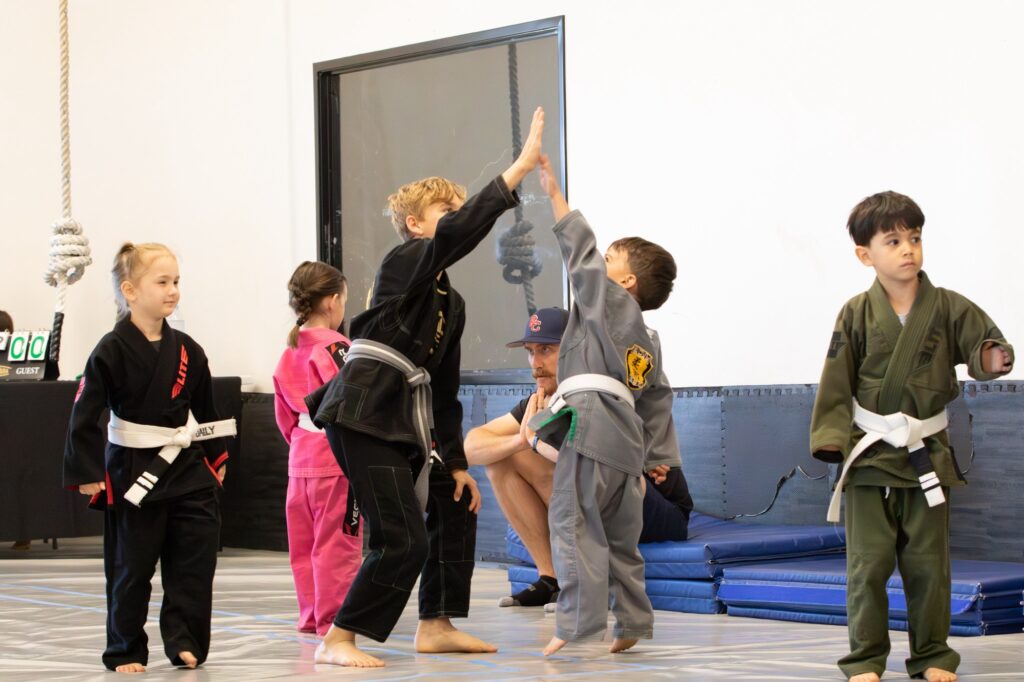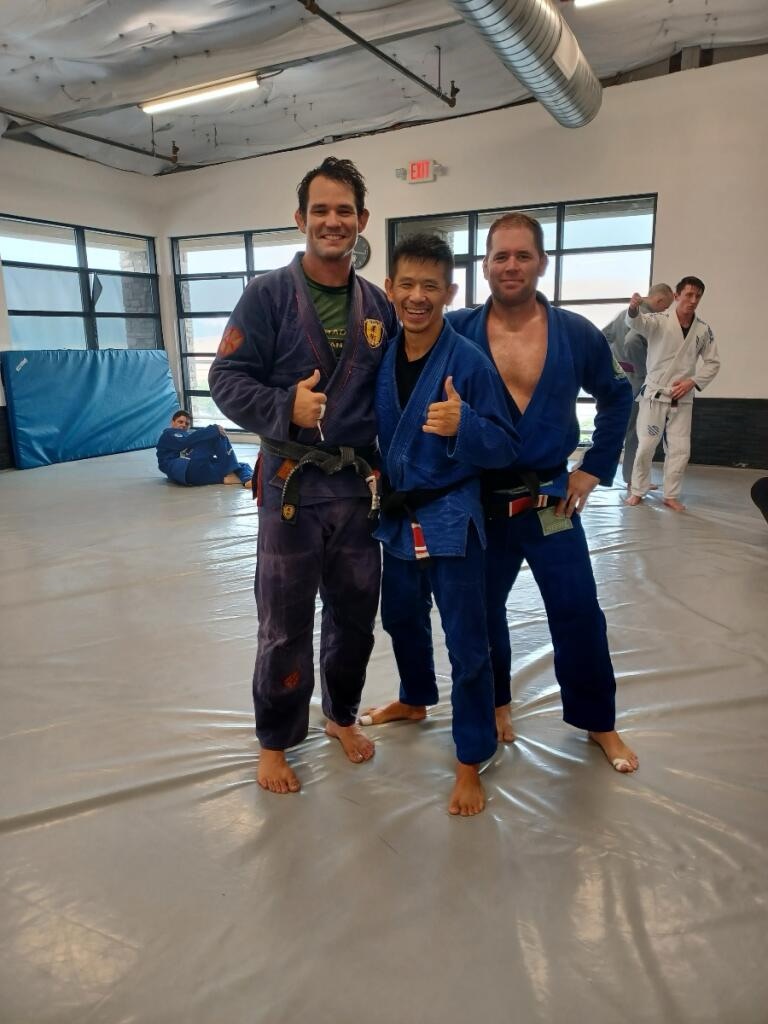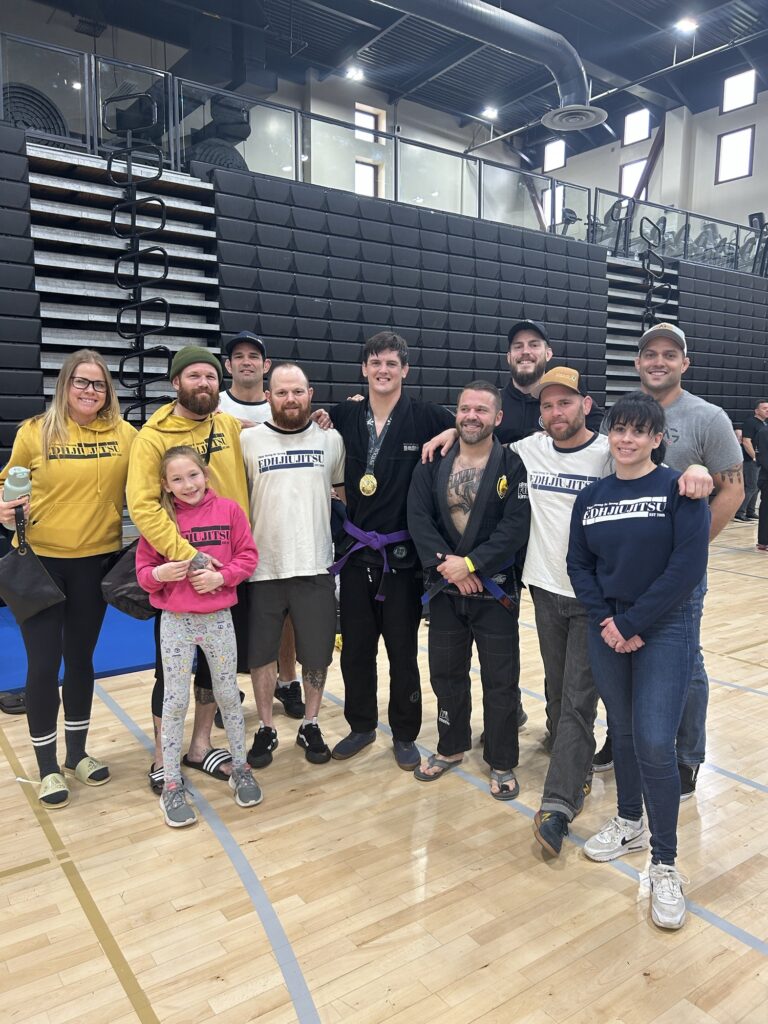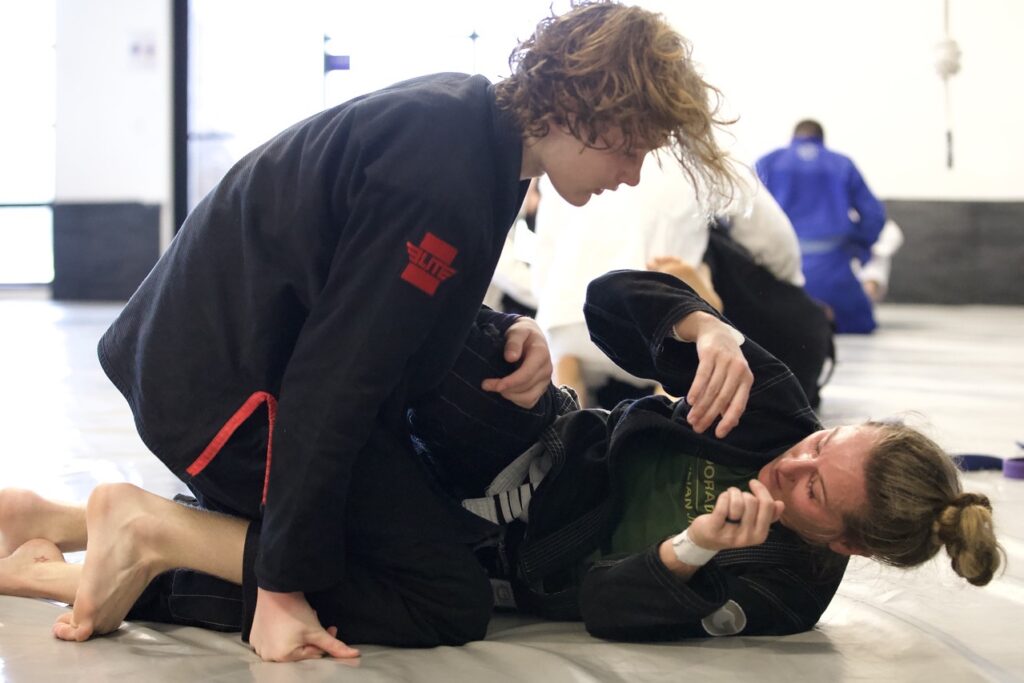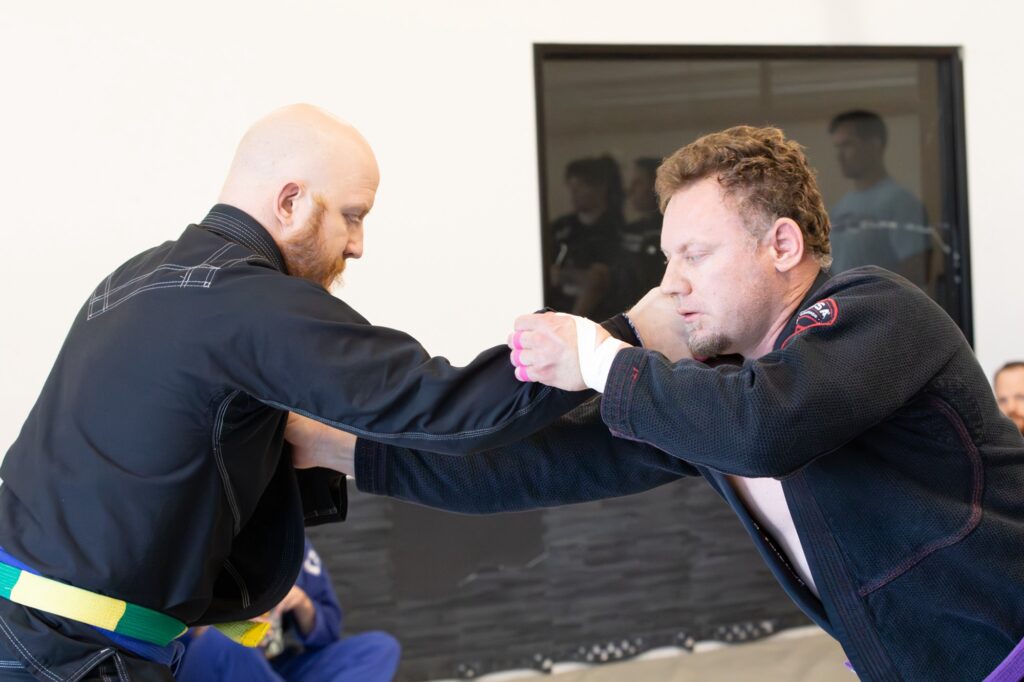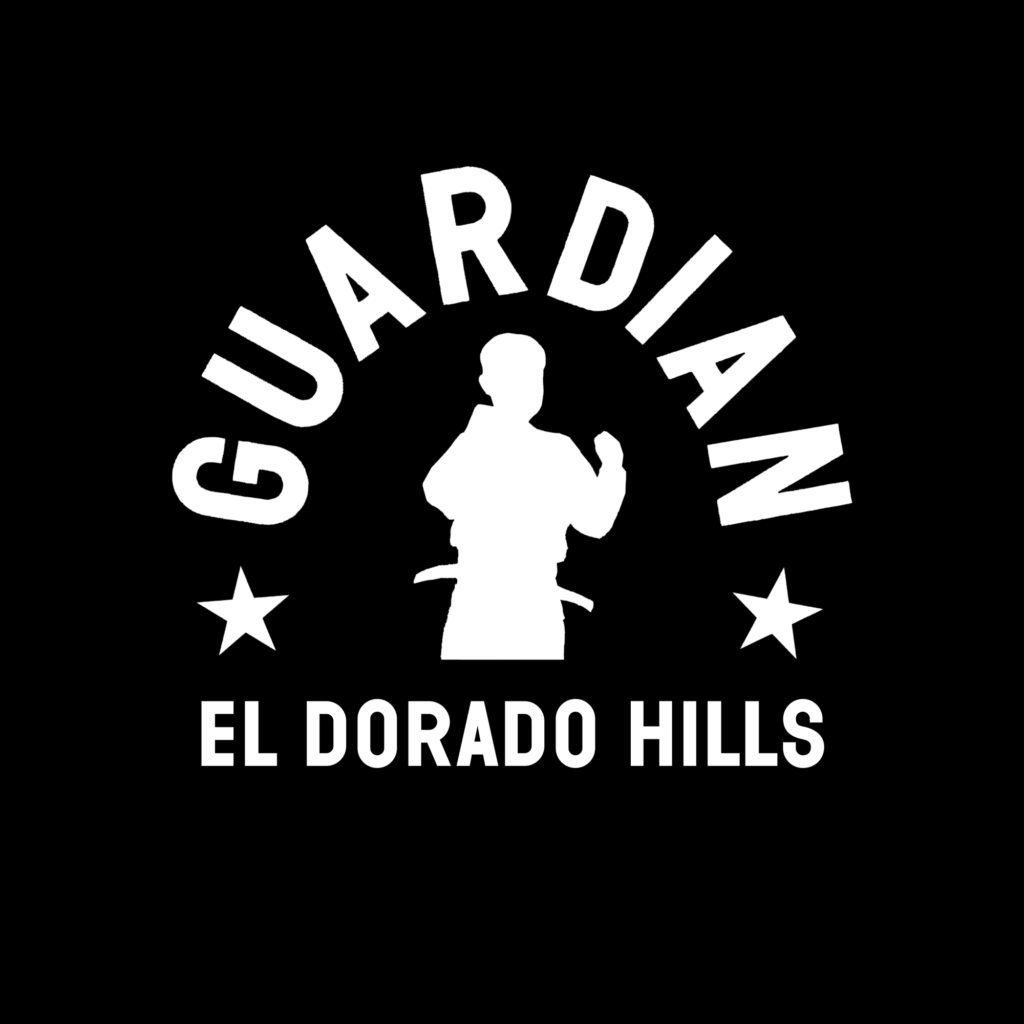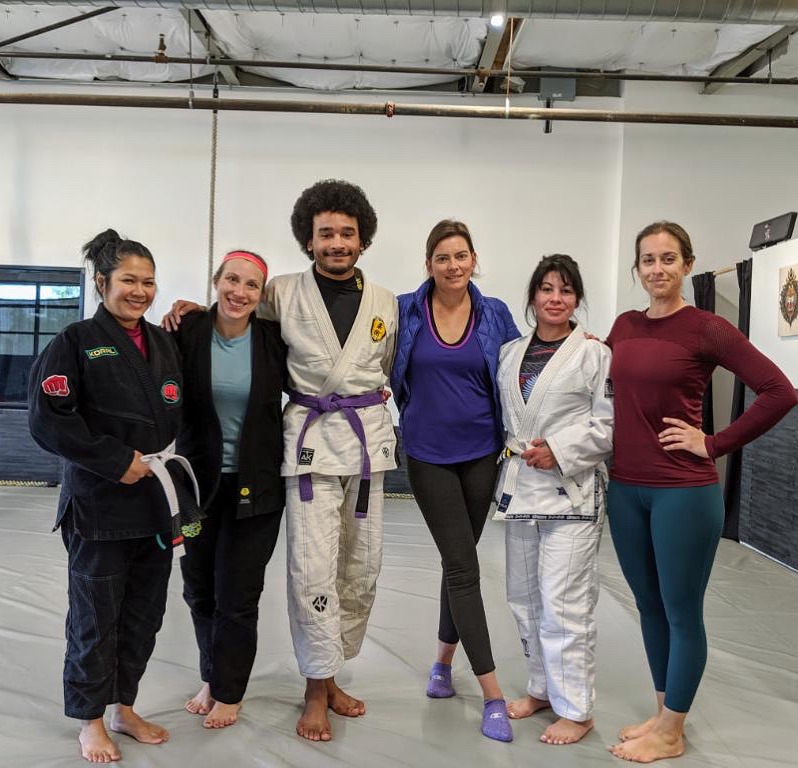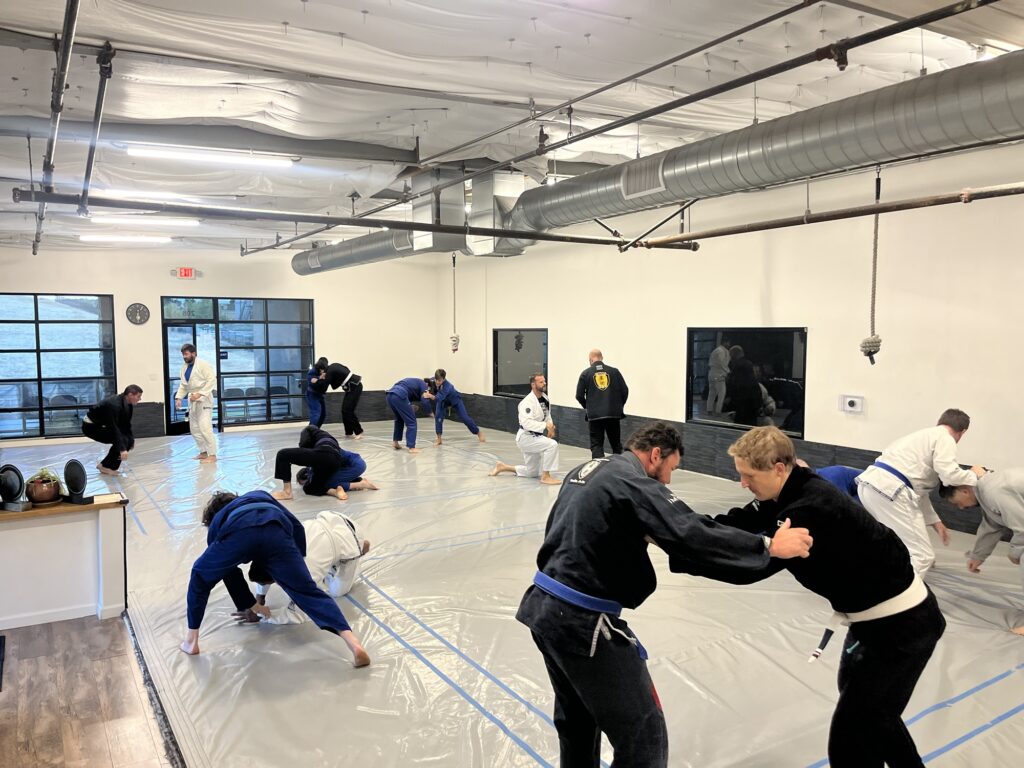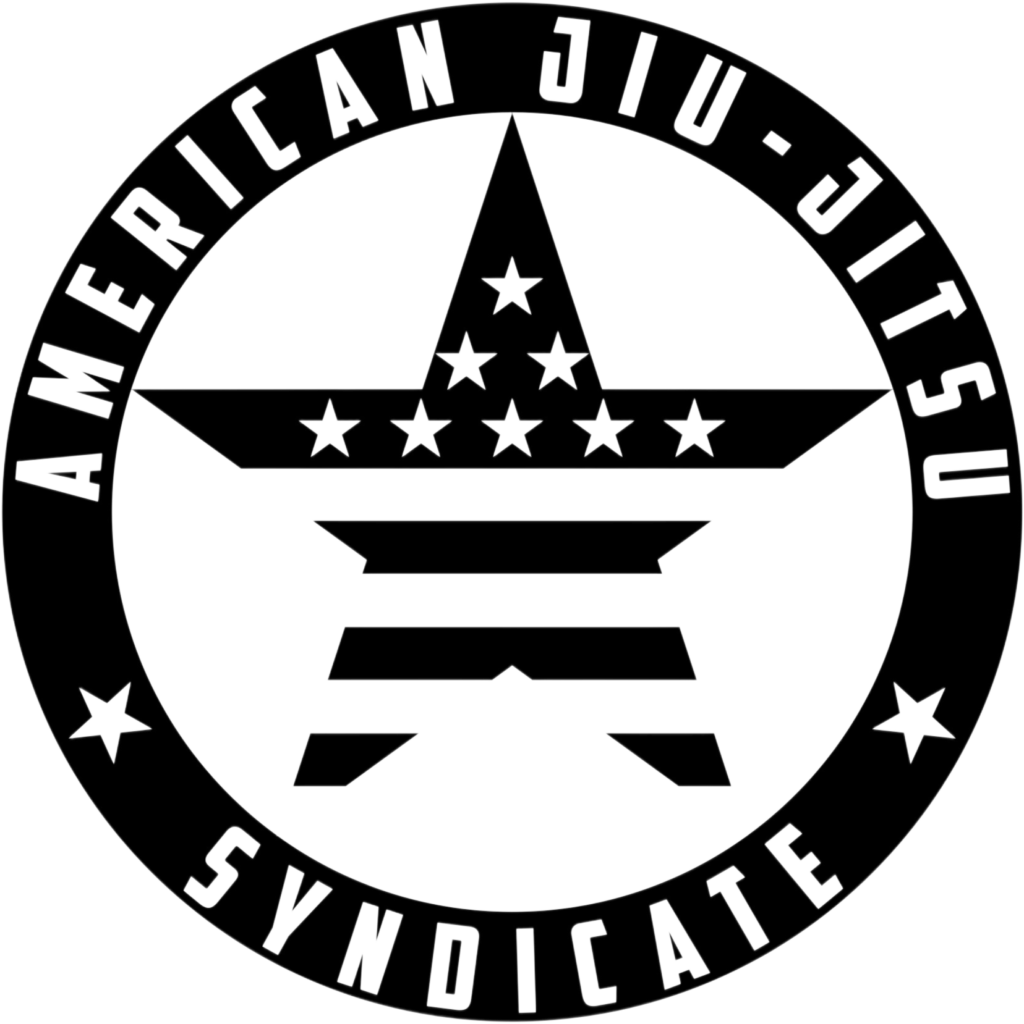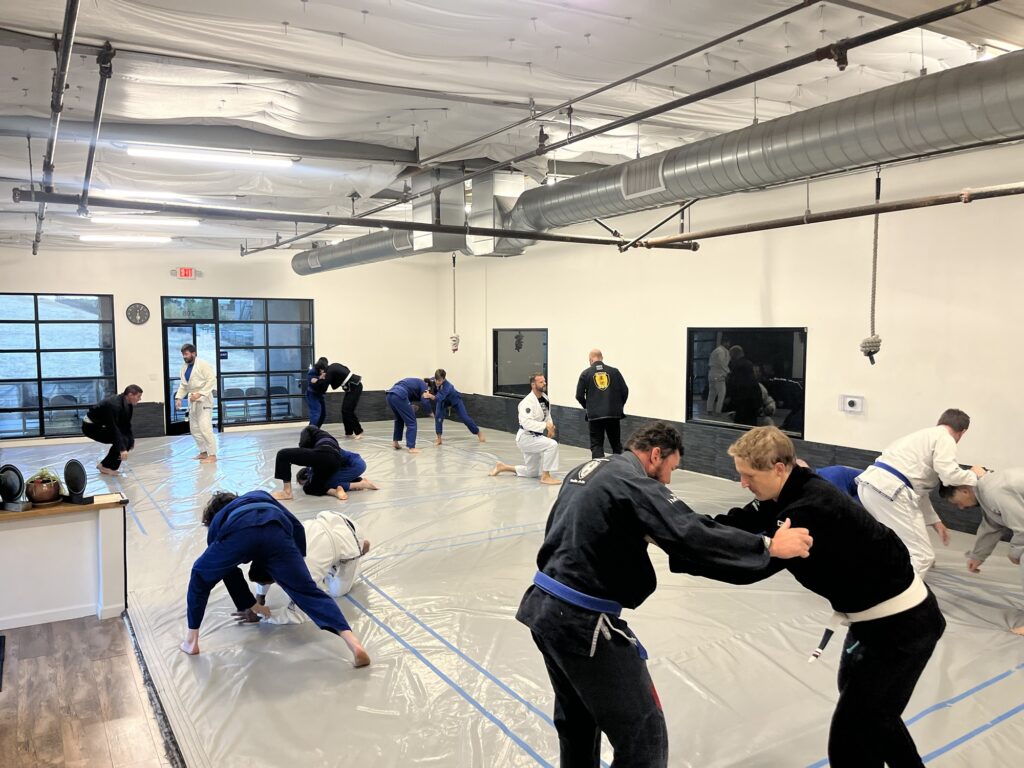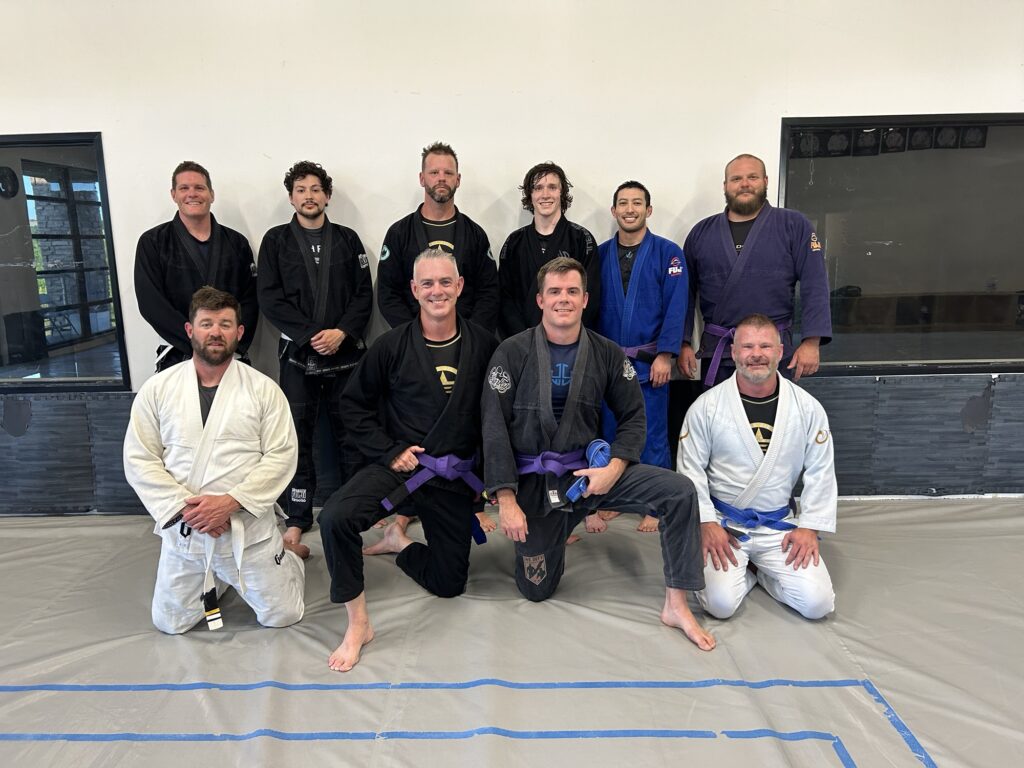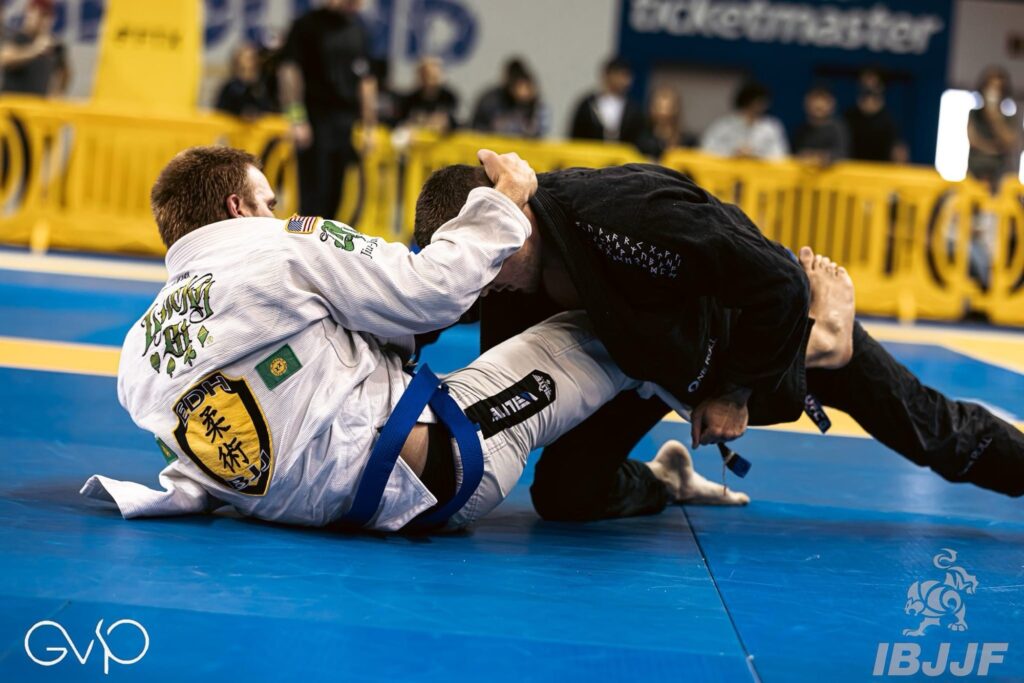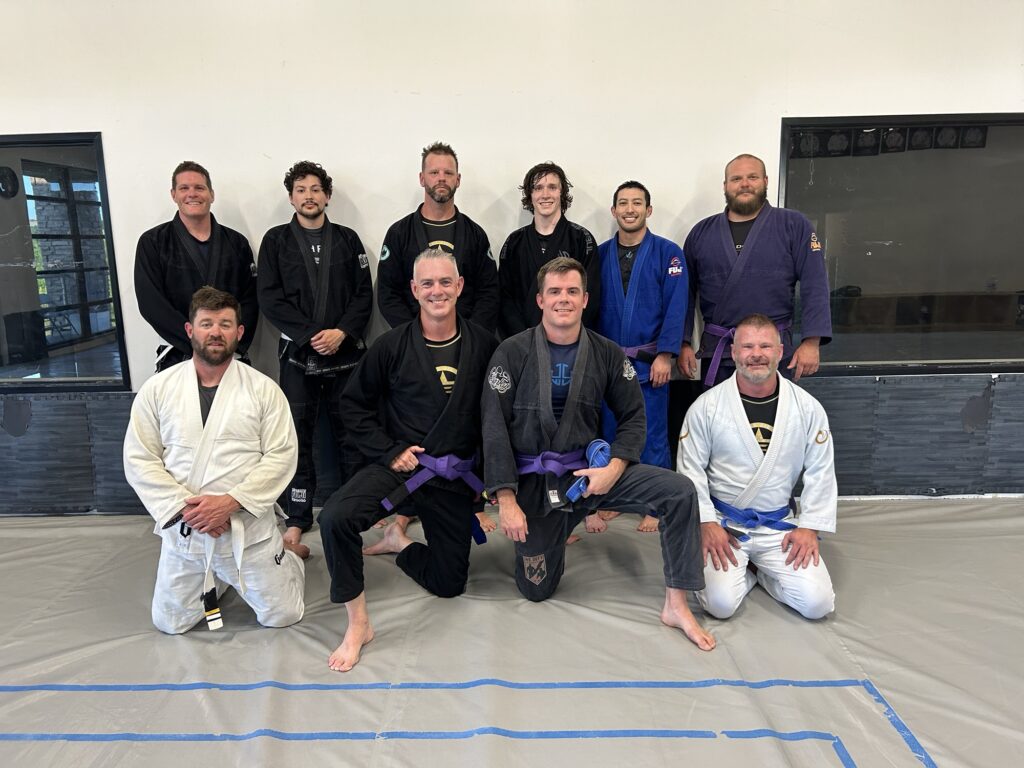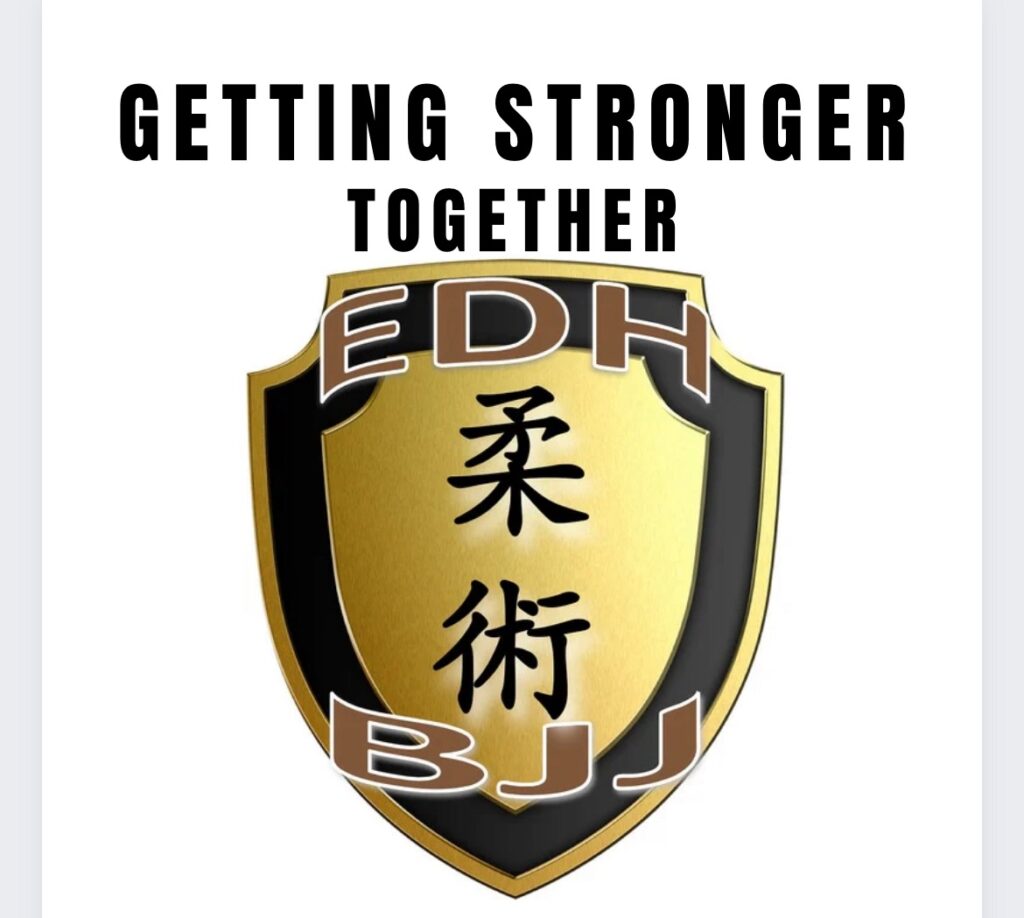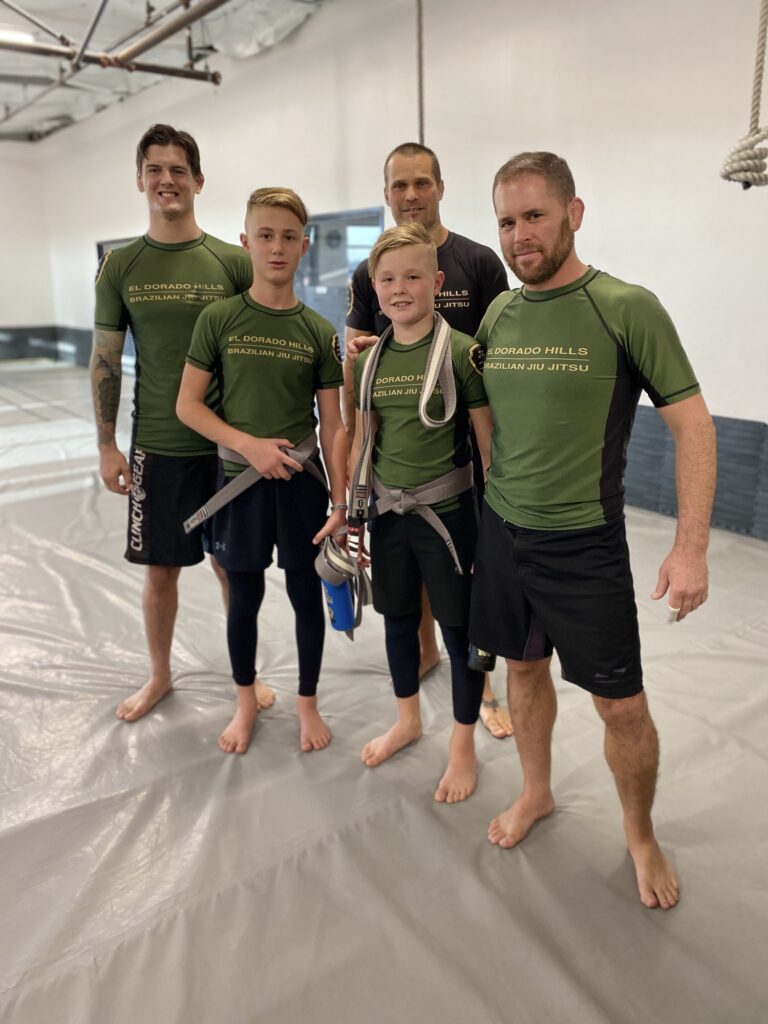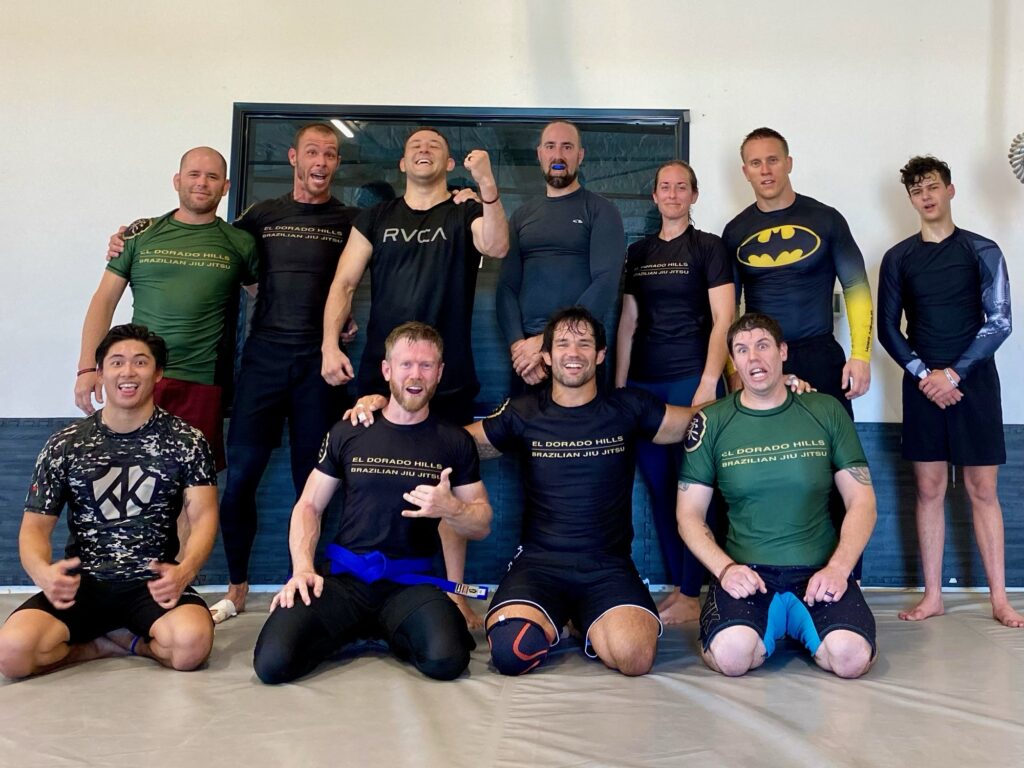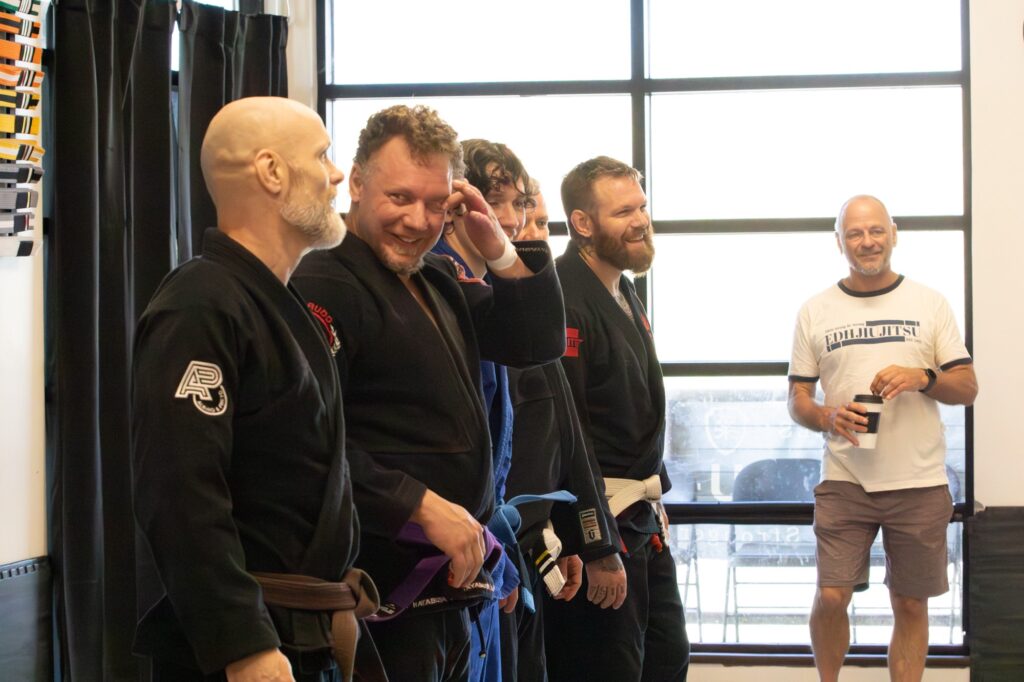At El Dorado Hills Jiu Jitsu, we believe that the practice of martial arts is a lifelong journey that can begin at any age. While many envision martial arts as an activity primarily for the young, the reality is that starting as an adult brings its own unique set of benefits and rewards. Whether you’re in your 20s, 30s, 40s, or beyond, the decision to step onto the mat can be a transformative experience.
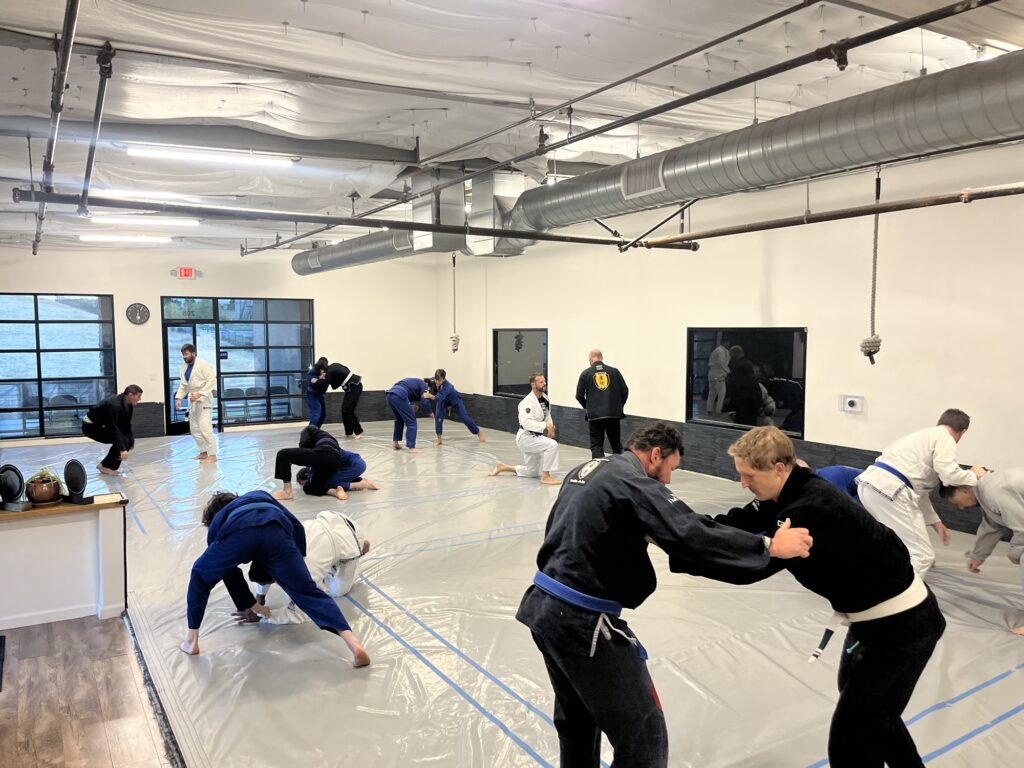
Embracing the Challenge
One of the most significant aspects of beginning martial arts as an adult is the willingness to embrace new challenges. Learning techniques, understanding the philosophy of Jiu Jitsu, and conditioning your body requires dedication and perseverance. These challenges are not only physical but mental and emotional as well. Adults often find that the discipline and focus required in martial arts training translate into improved performance and resilience in their personal and professional lives.
Building a Strong Community
At El Dorado Hills Jiu Jitsu, our community is a diverse mix of individuals from various backgrounds and age groups. This inclusivity creates a supportive environment where everyone encourages one another to achieve their personal best. Many of our adult members have found lifelong friends on the mat, bonding over shared experiences and mutual respect. The camaraderie and sense of belonging that develops in our dojo are invaluable, providing a source of motivation and accountability.
Physical and Mental Benefits
Starting martial arts as an adult offers numerous physical and mental health benefits. Regular training can improve cardiovascular health, increase strength and flexibility, and enhance overall physical fitness. Moreover, the mental benefits are equally significant. Martial arts training has been shown to reduce stress, improve mental clarity, and foster a sense of calm and well-being. For many adults, the structured and mindful practice of Jiu Jitsu becomes a form of active meditation, helping them navigate the pressures of everyday life with greater ease.
Personal Growth and Development
One of the core principles we emphasize at El Dorado Hills Jiu Jitsu is the concept of continuous improvement, or “kaizen.” This principle is especially relevant for adult learners. Starting martial arts later in life is not about how quickly you can achieve a certain rank but about the ongoing journey of self-improvement. Each class, each technique learned, and each sparring session is an opportunity for growth. This mindset fosters a deep sense of accomplishment and personal development that extends far beyond the dojo.
Overcoming Initial Hesitations
It’s natural to feel hesitant about starting something new as an adult. Concerns about physical limitations, fear of injury, or simply feeling out of place can be daunting. However, at El Dorado Hills Jiu Jitsu, we are committed to creating an inclusive and beginner-friendly environment. Our experienced instructors are adept at tailoring training to accommodate all skill levels and physical abilities. We encourage our adult students to progress at their own pace, ensuring a safe and enjoyable experience.

Taking the First Step
If you’ve been considering starting martial arts, there’s no better time than now to take the first step. At El Dorado Hills Jiu Jitsu, we offer a welcoming and supportive environment for adults of all ages and fitness levels. Whether your goal is to get in shape, learn self-defense, or find a new passion, our dedicated instructors and vibrant community are here to support you on your journey.
Starting martial arts as an adult is a powerful decision that can lead to profound personal transformation. We invite you to join us at El Dorado Hills Jiu Jitsu and discover the many benefits that martial arts training can bring to your life.
Ready to begin your martial arts journey? Contact El Dorado Hills Jiu Jitsu today to learn more about our classes and schedule your first session. We look forward to welcoming you to our community!
Contact Us:
El Dorado Hills Jiu Jitsu
Address: 4669 Golden Foothill Pkwy #208
Phone: 916.595.4064
Email: edhbjj@gmail.com
Website: edhjiujitsu.com
Join our vibrant community and experience the many benefits of Jiu Jitsu. Whether you are a complete beginner or have some experience, El Dorado Hills Jiu Jitsu is the perfect place to start your martial arts journey as an adult. We can’t wait to see you on the mat!
